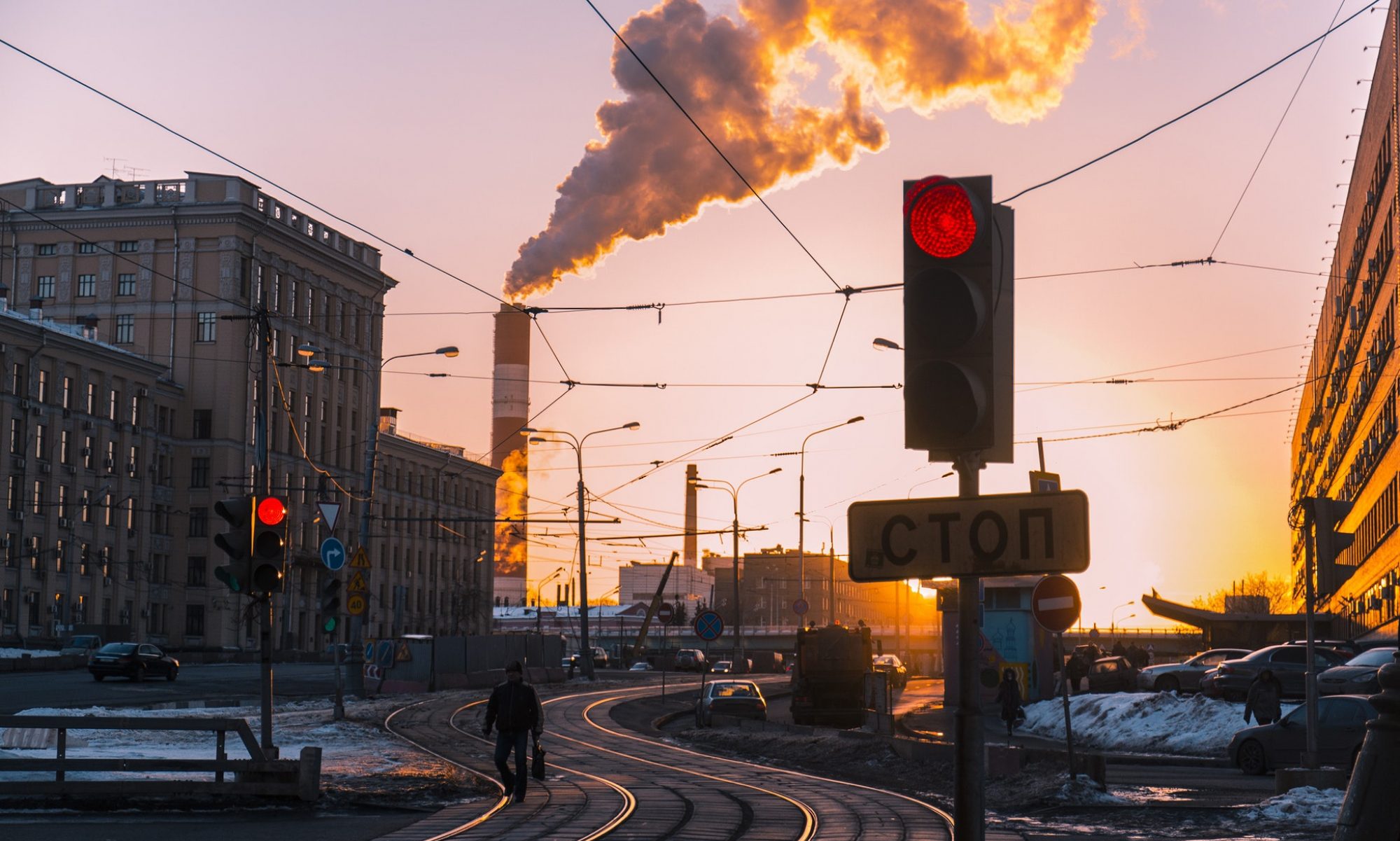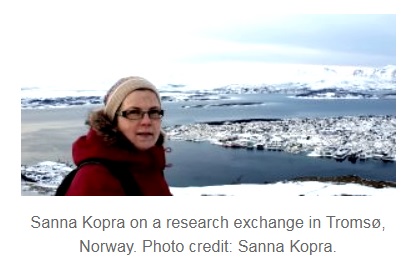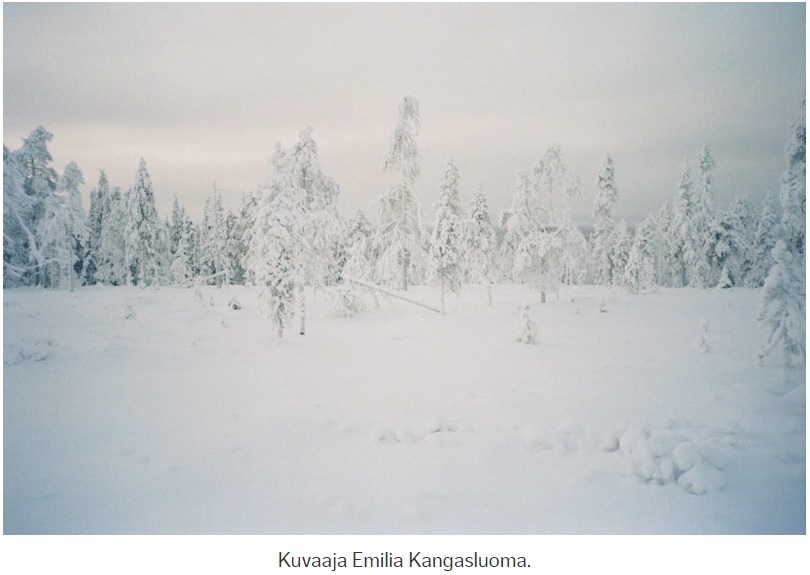Puheenaihe.fi asked our researcher Sakari Höysniemi, Emma Hakala from Finnish Institute of International affairs and Tero T. Toivanen from VTT if the means of combating climate change increase the instability of societies and cause conflicts. In the piece “Voiko ilmastonmuutoksen torjuminen olla turvallisuusuhka?” (Can combating climate change be a security threat?), Sakari Höysniemi addressed the energy side of the issue and was arguing, that energy security is more than energy supply.
Although Finland is partly an island in terms of security of supply, it could be a promoter of a more sustainable and safer society and take sustainable practices, ways of thinking and technologies elsewhere. If we were able to create a model where the foundation of our well-being and security is not in securing the supply of fossil energy, this model would surely be in demand outside our borders.
Read full version of Sakari Höysniemi’s and other researchers’ texts at puheenaihe.fi.




